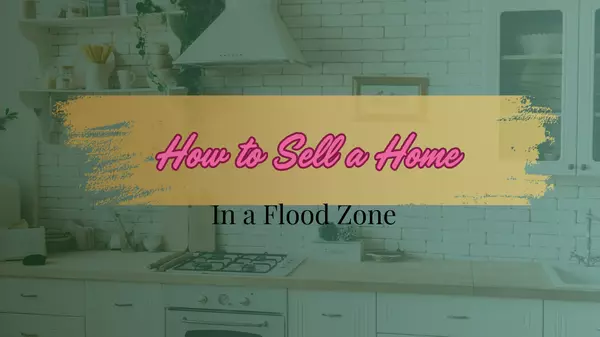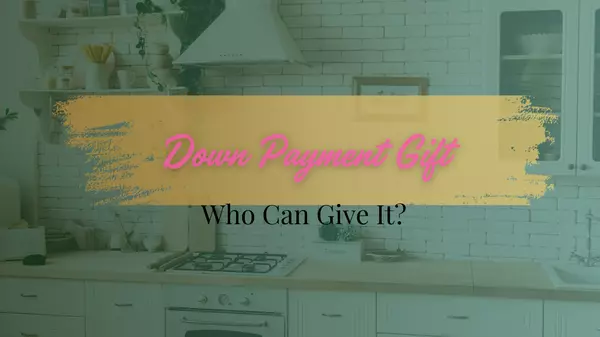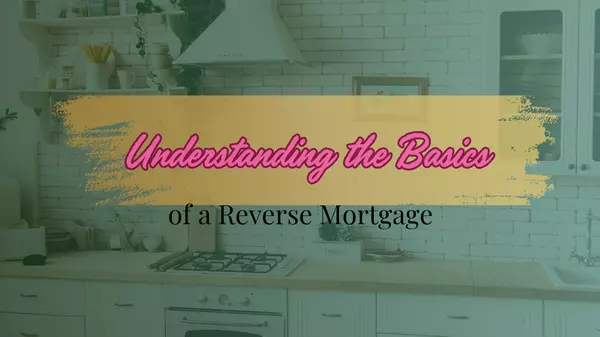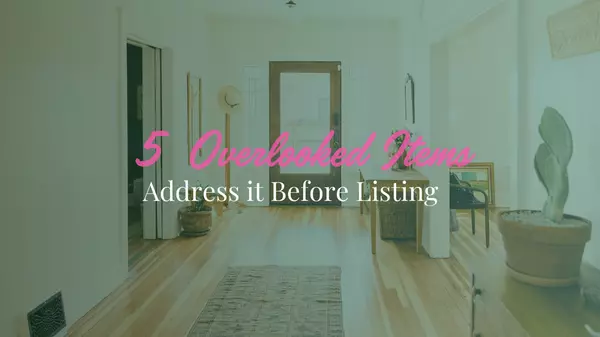

How to Sell a Home in a Flood Zone
Selling a home in a flood zone can be a complex process, but with the rightapproach, you can navigate the challenges effectively. Whether you'removing for personal reasons or looking to capitalize on a new opportunity,understanding the unique aspects of flood zone properties can help youmake informed decisions. 1. Understand Flood Zone DesignationsFamiliarize yourself with the flood zone designation of your property. TheFederal Emergency Management Agency (FEMA) categorizes flood zones,and each designation comes with different levels of risk. Knowing whetheryour home is in a high-risk area (like a Special Flood Hazard Area) or alow-risk zone can impact your selling strategy. 2. Disclose Information HonestlyTransparency is crucial when selling a flood zone home. Most statesrequire sellers to disclose any history of flooding or water damage. Beingupfront about these issues can build trust with potential buyers. Considerhighlighting any improvements made to mitigate flood risks, such aselevating the home or installing a sump pump. 3. Emphasize Mitigation MeasuresShowcasing flood mitigation measures can make your property moreappealing. Discuss any flood-proofing improvements, such as newdrainage systems, flood vents, or landscaping designed to direct wateraway from the home. These enhancements not only demonstrate yourcommitment to protecting the property but can also reassure buyers abouttheir potential investment. 4. Work with Experienced ProfessionalsEngage with real estate professionals who have experience in flood zoneproperties. A knowledgeable agent can help you navigate the market, set acompetitive price, and develop effective marketing strategies. They canalso connect you with local experts, such as flood insurance agents, toaddress buyers' concerns. 5. Educate Potential BuyersEducate potential buyers about living in a flood zone. Provide informationon flood insurance options and local flood response plans. Highlight thecommunity's preparedness and any recent improvements made by localauthorities to enhance flood resilience. This information can alleviateconcerns and help buyers feel more confident in their decision. 6. Consider Timing and MarketingThe timing of your sale can impact your success. Typically, homes sellfaster during peak real estate seasons, so plan your listing accordingly.When marketing your home, focus on the positives: the unique features ofthe property, the neighborhood amenities, and the lifestyle benefits of livingin the area. ConclusionSelling a home in a flood zone requires careful consideration and aproactive approach. By being transparent, highlighting mitigation measures,and educating potential buyers, you can turn potential challenges intoselling points. With the right strategy and support, you can successfullynavigate the process and achieve your selling goals.
Read More

Why a Condo Could Be Your Best First Home
Are you ready to buy your first home but the price of single-family homes istoo high to manage? A single-family home is not only more expensive butcould lead to thousands of dollars in repairs and upkeep after the purchase.With higher interest rates putting barriers to borrowing, a condo might be agreat alternative for those ready to buy their first home. Buying a condo offers a great deal of benefits for first-time home buyers.The most important aspect is that it allows you to enter the homeownershipstream. It’s an asset that builds equity from the very beginning. Rather thanwasting money on rent, buying a condo increases your net worth and putsyou in a great position to move to a single-family home later. Condos are usually less maintenance than single-family homes. Condosare great if you don’t want to mow the lawn, shovel snow, fix the roof, orclean the pool. Amenities such as parks, recreation facilities, dog parks,sports courts, and more are often included in the monthly association fee. Condo living creates a sense of community. People with or without childrenmay enjoy living close to neighbors and the close-knit community feel. Thisoften encourages fun events like barbeques or block parties that buildconnections. If single-family homes are unaffordable or undesirable, thenconsider a condo for your first home
Read More

What is a Down Payment Gift and Who Can Give it?
When it comes to buying a home, one of the most significant hurdles manyfirst-time buyers face is the down payment. However, a down payment giftcan alleviate some of that burden. Understanding what a down payment giftis and who can provide one can make the home-buying process moreaccessible. What is a Down Payment Gift? A down payment gift is a sum of money given to a homebuyer to help coverthe down payment on a property. This financial assistance can come fromvarious sources, and it does not need to be repaid. Typically, downpayment gifts are used by first-time homebuyers or those who may nothave enough savings to cover the upfront costs of purchasing a home. Key Features of Down Payment Gifts 1. No Repayment Required: Unlike loans, down payment gifts do nothave to be paid back. This can significantly ease the financial strainon buyers. 2. Documentation Required: Lenders often require documentation toconfirm that the funds are indeed a gift, not a loan. This can include agift letter from the donor stating the relationship to the buyer andconfirming that the funds are a gift. 3. Source of Funds: Many lenders may also ask for proof of where thegift funds are coming from to ensure they are legal and legitimate. Who Can Give a Down Payment Gift?Several individuals or entities can usually provide down payment gifts,depending on the lender requirements and terms. Here are some commonsources: 1. Family MembersFamily members are the most common source of down payment gifts.Parents, grandparents, siblings, and other relatives can provide financialassistance to help their loved ones achieve homeownership. 2. Close FriendsIn some cases, close friends may also contribute to a buyer's downpayment. However, this is less common and may require additionaldocumentation to clarify the nature of the gift. 3. EmployersSome companies offer down payment assistance programs as part of theiremployee benefits. Employers may provide gifts or grants to helpemployees with their home purchase. 4. Non-Profit OrganizationsCertain non-profit organizations are dedicated to helping individuals andfamilies achieve homeownership. They may offer down payment gifts,grants, or assistance programs tailored for specific communities ordemographics. 5. Government ProgramsVarious government programs exist to assist first-time homebuyers,including down payment assistance in the form of gifts. These programscan vary by state or locality, so it’s essential to research what's available inyour area. Benefits of Down Payment Gifts 1. Increased Buying Power: With a down payment gift, buyers canincrease their purchasing power, allowing them to qualify for amortgage they might not have been able to secure otherwise. 2. Lower Monthly Payments: A larger down payment can lead to lowermonthly mortgage payments and potentially eliminate the need forprivate mortgage insurance (PMI). 3. Access to Better Loan Terms: Putting down a substantial amountcan improve a buyer's chances of securing better loan terms, such aslower interest rates. Conclusion A down payment gift can be a valuable resource for homebuyers,especially those navigating the challenging waters of purchasing their firsthome. Understanding the concept of down payment gifts and knowing whocan provide them can help buyers leverage this financial assistanceeffectively. If you’re considering a down payment gift, it’s wise to communicate withyour lender about their requirements and ensure all necessarydocumentation is in order. With the right support, achieving homeownershipcan be a more attainable goal.
Read More

How Long Does It Take to Close on a Home?
The time it takes to close on a home can vary depending on several factors, including the specific circumstances of the home purchase and the parties involved. On average, it typically takes around 30 to 45 days to close on a home after the purchase agreement is signed. However, it’s important to note that this is just an estimate, and the actual timeline can be shorter or longer depending on various factors, such as: Mortgage Financing: If you’re obtaining a mortgage to purchase the home, the timeline can be influenced by factors such as the lender’s efficiency, the complexity of the loan application, and any potential delays in obtaining the necessary documentation or appraisal. Home Inspection and Appraisal: The time it takes to schedule and complete a home inspection and appraisal can impact the closing timeline. If any issues or discrepancies are found during these processes, it may require additional negotiations or repairs, which can extend the closing timeframe. Title Search and Insurance: A title search is typically conducted to ensure there are no outstanding liens or claims on the property. This process can take a few weeks, and obtaining title insurance may also be necessary, which can add additional time. Contingencies and Negotiations: The presence of contingencies in the purchase agreement, such as a home sale contingency or repairs requested by the buyer, can affect the closing timeline. If negotiations or resolutions are required, it may lengthen the closing process. Local Factors and Seasonal Variations: The time required to close on a home can vary depending on local customs, regulations, and the workload of the professionals involved, such as real estate agents, lenders, and attorneys. Additionally, certain seasons or times of the year, such as holidays or peak buying seasons, can result in increased demand and potentially longer closing times. It’s essential to work closely with your real estate agent, lender, and other professionals involved in the process to get a more accurate estimate of the closing timeline for your specific situation.
Read More
Categories
Recent Posts











